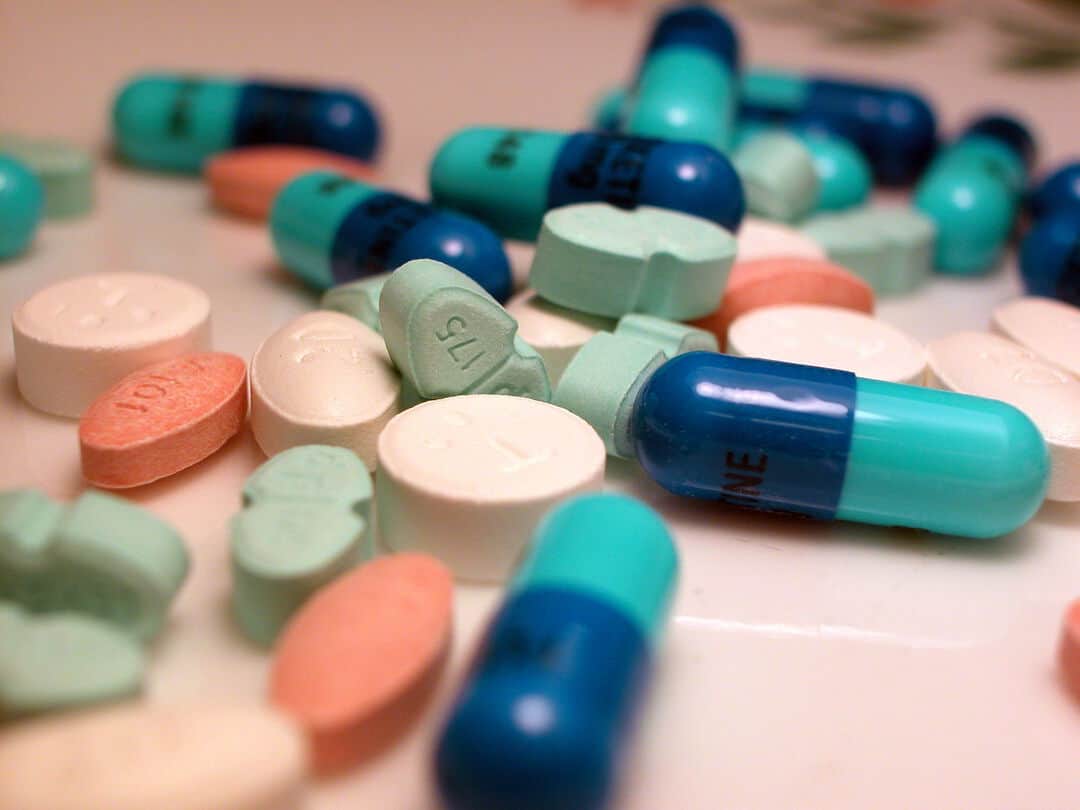Derived from the Greek words ‘noes,’ meaning “mind,” and ‘tropein,’ meaning “towards,” ‘nootropics’ — also known as smart drugs — were first conceived by Romanian psychologist and chemist Corneliu Giurgea in 1972. In medical settings, they are used to treat cognitive symptoms of psychiatric illnesses such as schizophrenia and neurodegenerative disorders such as Alzheimer’s.
Some nootropics include prescription stimulants used to treat ADHD, including methylphenidate, sold as Ritalin or Concerta, and mixed amphetamine salts, sold as Adderall. However, nootropics can also include more common stimulants such as caffeine.
Smart drugs are sometimes used by healthy individuals either to cope with hectic school and work conditions or for self-improvement through the practice of ‘biohacking.’ Biohacking involves a do-it-yourself approach to managing and enhancing one’s biology outside the realm of conventional medicine. The term encompasses a wide variety of strategies, including intermittent fasting, tracking sleep, using biochemicals, implanted cybernetic devices, ‘dopamine fasting’ — not doing anything that brings you immediate pleasure — and at-home gene editing. Biohackers range from people who just want to increase their biological functioning to those who believe in transhumanism — essentially weaponizing science to transcend their limitations and achieve a superior ‘post-human’ existence, creating the next step in human evolution.
What do nootropics do?
On the use of nootropics, two overarching questions remain: is the use of smart drugs effective and safe?
The scientific evidence on the efficacy of cognition-enhancing drugs on healthy individuals is largely inconclusive. A meta-analysis found that stimulant medication consistently increased processing accuracy — how quickly people make accurate judgements — but had no proven effects on planning accuracy, planning time, or decision making. ADHD medications had a strong motivational effect: users relied on perceived improvements in drive, energy, and mood to enhance work performance. However, these medications can cause severe addiction in healthy people without ADHD.
Initially used for the sleep-deprived, or those with narcolepsy, modafinil shows more pronounced and consistent improvements in simple cognitive areas such as vigilance and attentiveness. However, Modafinil does not consistently improve markers of higher cognitive areas. Its side effects include vision disorders, gastrointestinal issues, and drowsiness.
Evidence shows that some Alzheimer’s medications have no observable effect on cognition and may negatively affect reaction time and memory. Ginkgo biloba, a nootropic tree native to China, does not improve the cognition of older or younger people, although it also has not been shown to have adverse side effects.
Cognition-enhancing drugs do not appear to have a statistically significant effect on academic performance, and have a reputation largely based on anecdotal evidence. Although students often subjectively feel they will do better after taking the drugs, there is little indication that performance objectively improves. Thus, it has not been definitively proven that nootropics make people smarter.
Since cognition-enhancing drugs are often bought without consulting a medical professional, their interaction with other substances that individuals may be consuming, such as prescription medications, could lead to adverse effects. The American Medical Association discourages the use of nootropics by healthy individuals because their effects vary widely across individuals, depend on the dosage, and are modest at best. Many of the substances misleadingly marketed as improving cognitive performance have not undergone rigorous tests for safety and efficacy.
Promising research on cognitive-enhancing drugs is taking place, including within the Psychedelic Studies Research Program at UTM. However, Giurgea’s dream of humanity “directly, openly and consciously [taking] part in evolution” is still largely in the realm of science fiction.
How are nootropics used?
Recent surveys in Canada and the USA suggest that university students are increasingly using cognition-enhancing drugs for non-medical reasons, with a prevalence rate between 11 per cent to 25 per cent. Most student usage is sporadic, usually due to high-stakes situations like exams and major assignments. Students also use cognition enhancers to achieve a satisfactory work-life balance, leaving time for leisure and personal projects.
U of T does not address smart drugs specifically within the Code of Behaviour on Academic Matters; whether using them constitutes an academic offence is case-specific.
In the workplace, reports suggest that some healthy adults may be taking small doses of psychedelics to increase their cognitive abilities, boost productivity, sharpen focus, and improve creativity. Based on anecdotal evidence, this practice of microdosing may have generally positive effects on sleep and stress, but there is limited research on its short- and long-term effects.
The current high interest in nootropics raises questions about the stressors that drive people to take them — heavy course loads, high-pressure work environments, or a culture that valorizes productivity and exponential growth over rest and holistic wellness. As the quest for self-improvement continues, we must endeavour to approach cognitive enhancement in a cautious and reflective manner, so please consult a medical professional before thinking about starting nootropics.


